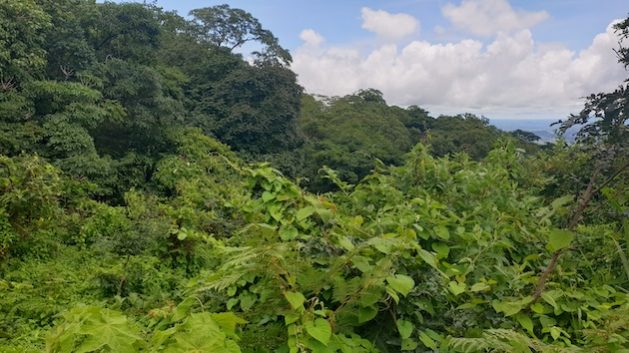WASHINGTON DC, Dec 04 (IPS) – This time last year, the forestry space was abuzz with news of the big Blue Carbon deals. The deals set a staggering amount of land in Sub-Saharan Africa – 20% of the land in Zimbabwe, 10% of Liberia and Zambia, 8% of Tanzania, and an undisclosed amount of land in Kenya – to be managed by a firm in the United Arab Emirates.
Without involvement of communities impacted by the projects, countries across Africa were strapped into memorandums of agreement with 30 years of commitments. Reports suggested that Blue Carbon was retaining upwards of 70% of the project revenues while impacting the livelihoods of millions. The audacious scale of the project shocked the conscience.
One year later, among the jumble of headlines coming out of the recent UN climate change talks in Baku was the adoption of new rules intended to jumpstart the carbon credit markets.
These financial initiatives were included in the Paris Agreement on Climate Change to provide incentives for efforts that reduce carbon emissions. The new UN rules, however, have already been criticized for not providing sufficient guardrails to avoid transactions like the Blue Carbon deals from happening elsewhere.
With the new rules, it won’t be clear whether communities who have lived on and worked their territories for generations should be consulted as part of a project. If things go well, it won’t be clear that they are entitled to benefits and if things go poorly, it won’t be clear that they should be able to claim remedies.
Carbon projects have run afoul of community land rights throughout the Global South, from Brazil to Laos to Malaysia. In many places, communities have not received revenue – or, worse, have been removed from their land – after keeping the landscapes intact for generations.




